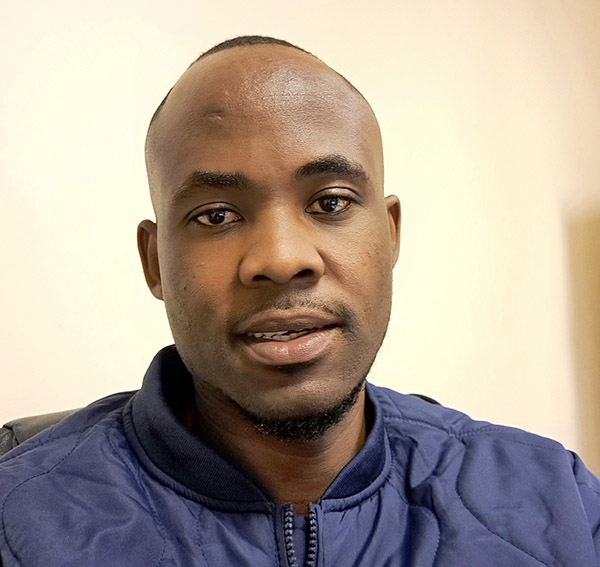Sitting in the waiting area of a local hospital, it is a busy Saturday morning marking the first day of the long weekend, one wonders how nurses and doctors manage to handle a high number of patients coming into the hospital. Some patients are dropped off by ambulances every 15 minutes, some use private transport, and some walk to the hospital. Most of them are covered in blood, and need urgent medical attention.
Once in the hospital, they meet security guards at the entrance of the casualty ward who ask them where they are going, and ask those accompanying the sick patients to stay out and let the patient go in alone, without assessing if the patient needs aid. For those who manage to take their beloved ones into the ward, they are only given two minutes, or face forceful removal.
Hospitals are places where patients come to receive treatment and care for their ailments. However, asking for help nowadays has become very difficult at hospitals, as some staff members are not willing to assist.
“Do I look like someone who works with those people? Do I look like a porter to you? Why can’t you just wait?” are some of the questions one needs to prepare for before visiting a hospital.
The presence of security guards is an inevitable aspect of hospital management, and they play a crucial role in maintaining a safe and secure environment for everyone. However, the role of security guards extends beyond just maintaining the safety of the entire hospital facility; they also interact and communicate with patients daily. Effective communication between security guards and patients is essential in ensuring a positive patient experience.
Security guards are often the first point of contact for patients and visitors as they enter the hospital premises. They are responsible for initiating the check-in process, and guiding them through the hospital facility to their respective appointments. In this capacity, they must communicate in a friendly and approachable manner, putting patients and visitors at ease. Patients are often nervous and
anxious, and the security guard’s calm and reassuring demeanour can make them feel comfortable.
In addition to welcoming patients and visitors, security guards also play a crucial role in maintaining order and preventing potential security threats. Patients may need to be reminded of the hospital’s policies and guidelines, such as no smoking on the premises, no photography, or the appropriate attire in certain areas of the hospital. Clear communication is essential in relaying this information to the patient while ensuring their comfort and safety.
Security guards also assist in escorting patients and visitors to different parts of the hospital, such as the emergency department or pharmacy. In doing so, they must communicate effectively, not only to ensure the patient is taken to the right location, but also in providing reassurance and support to the patient.
Moreover, in some cases, a patient may be exhibiting behaviour that requires the attention of security guards. Such situations can be sensitive, and security guards need to be trained to manage these situations with empathy and understanding. Communication with the patient must be respectful and calming to de-escalate any potential issues that may arise.
Effective communication between security guards and patients at the hospital can help build trust, and ensure a positive experience for the patient. It is essential to invest in training for security personnel to develop the necessary skills to handle different scenarios and create a welcoming environment for patients and visitors. By doing so, hospitals can ensure that patients feel safe and
cared for while receiving treatment.
*Givean Samulandela, information officer - MICT


